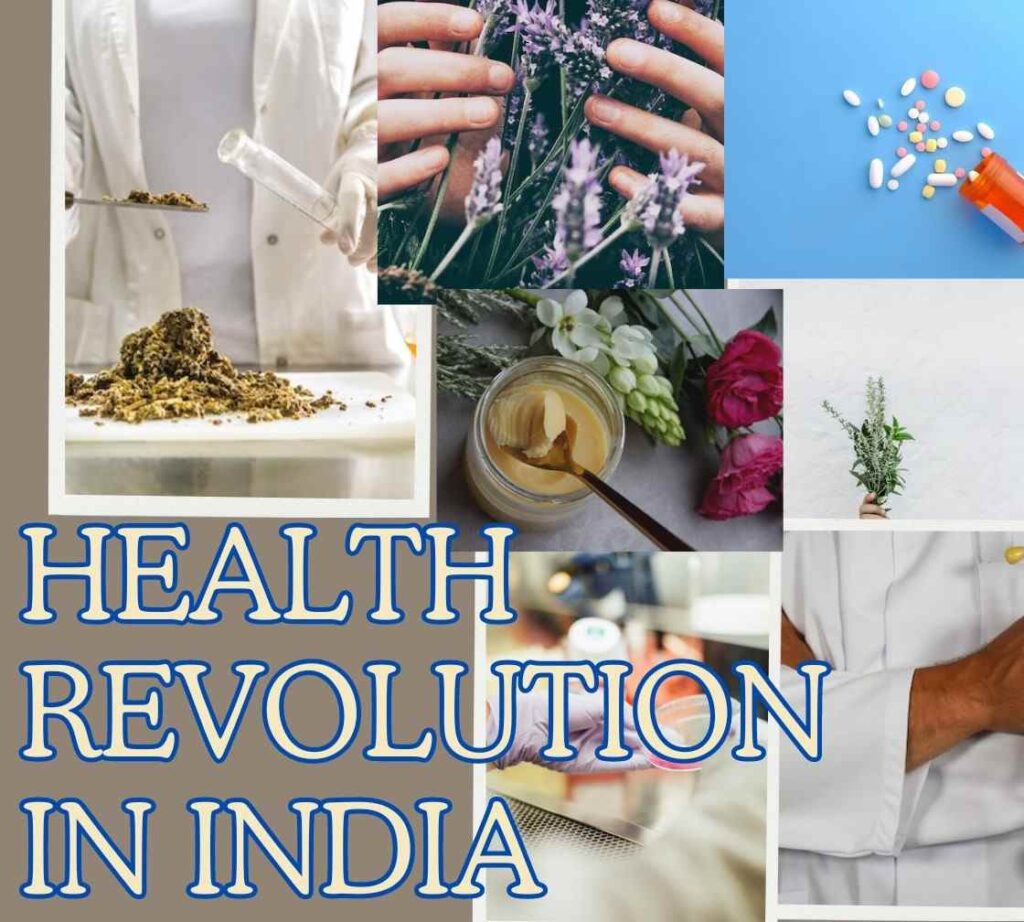Harmonizing Centuries of Healing Wisdom: A Groundbreaking Approach to Healthcare in India

India, a mosaic of cultural heritage, unfolds a distinctive healthcare narrative, weaving together ancient medicinal traditions with the advancements of modern medical practices. While modern medicine has redefined healthcare with its diagnostic precision and surgical prowess, India’s traditional healing systems, including Ayurveda, Siddha, and Unani, have offered holistic wellness for ages. The integration of these two paradigms heralds a transformative era in Indian healthcare, embracing a holistic model that nurtures physical, mental, and spiritual well-being.
Unveiling the Benefits of Blending Tradition with Modernity
The synergy of traditional and modern medicine yields a host of advantages, such as:
- Holistic Healthcare: Traditional systems prioritize prevention, lifestyle adjustments, and personalized treatments, delving into root causes rather than merely alleviating symptoms. This complements modern medicine’s forte in diagnostics and therapeutics, paving the way for a more comprehensive healthcare experience.
- Tackling Chronic Diseases: With a proven track record in managing chronic ailments like diabetes and arthritis, traditional medicine, when integrated with modern practices, can offer a more effective and personalized approach to chronic disease management.
- Empowering Patients: Both systems underscore patient education and self-care, fostering a sense of empowerment for individuals to actively engage in their health. This patient-centric approach aligns with modern medicine’s emphasis on preventive healthcare.
- Harnessing Natural Remedies: Traditional medicine taps into a treasure trove of natural remedies, from herbal extracts to dietary practices, often boasting fewer side effects than conventional medications. This presents a safer and sustainable avenue for healthcare.
- Preserving Culture: Integrating traditional medicine into mainstream healthcare safeguards India’s cultural heritage, ensuring the transmission of valuable knowledge and practices across generations.
Navigating Challenges and Paving the Path Forward
While the potential benefits are vast, integrating traditional and modern medicine encounters challenges:
- Standardization and Regulation: Traditional systems lack standardized practices and regulations, posing hurdles to seamless integration into modern healthcare settings.
- Scientific Validation: Some traditional practices lack rigorous scientific validation, requiring a bridge between traditional wisdom and modern medical understanding.
- Professional Education: A comprehensive education framework is crucial to equip modern medical professionals with the skills and knowledge needed for effective integration.
- Public Awareness: Elevating public awareness about the benefits and limitations of traditional medicine is paramount for informed decision-making and cultivating an open-minded approach to integrative healthcare.
In Conclusion
The integration of traditional and modern medicine promises a healthcare renaissance in India. By addressing challenges, fostering collaboration between practitioners, and nurturing an informed public, India can leverage the strengths of both systems. This integrative approach holds the key to a healthcare transformation, promoting wellness, empowering individuals, and preserving India’s rich cultural legacy.




